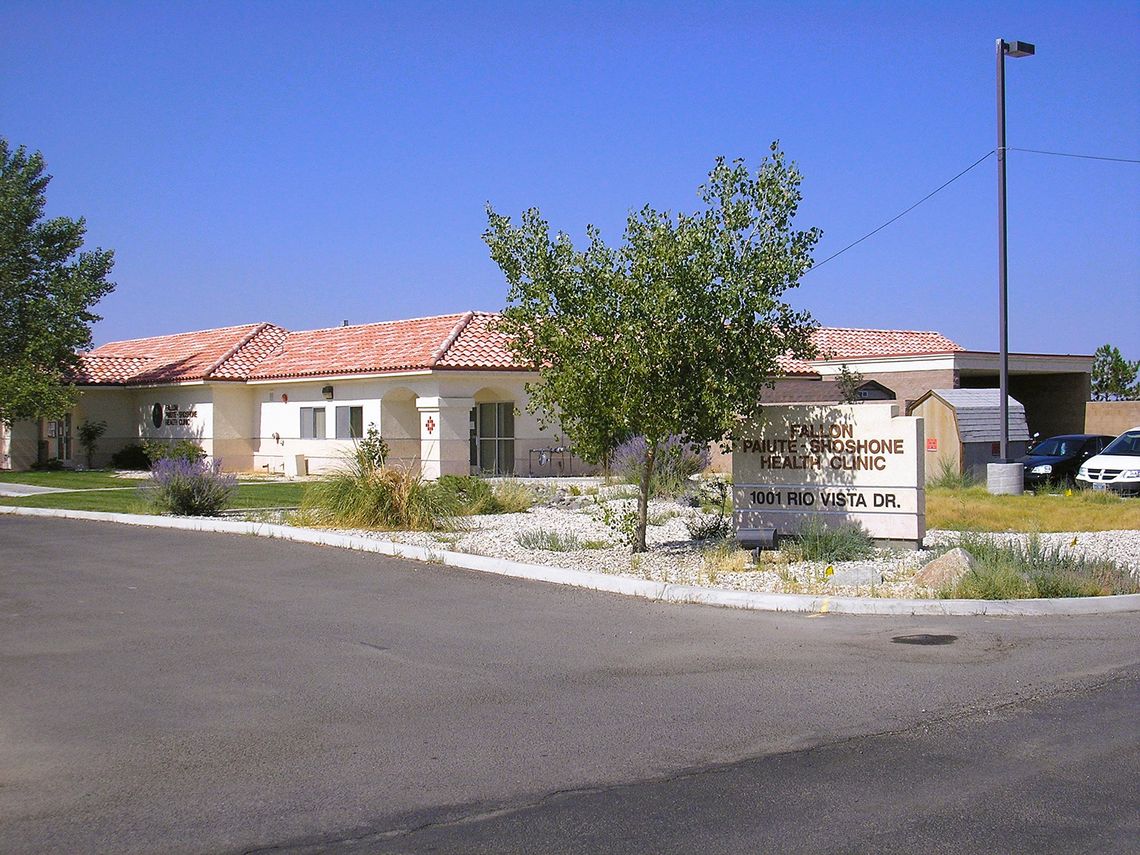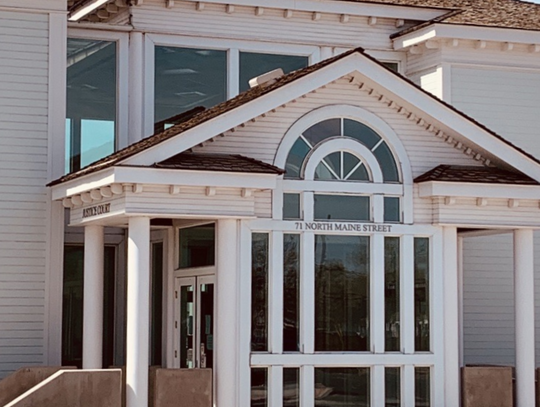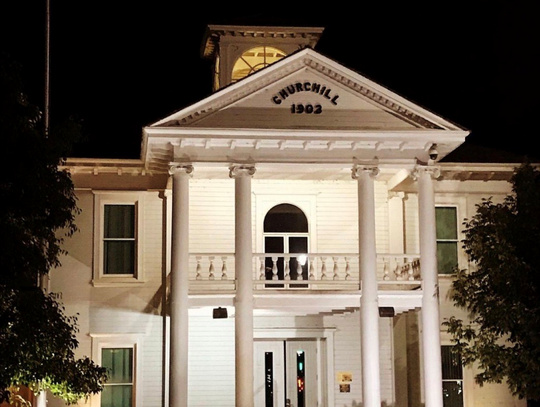The Fallon Paiute Shoshone Tribe, along with 14 other tribes and tribal organizations across several states, has been awarded a significant grant aimed at fostering community growth, bolstering community infrastructure, and creating new opportunities for tribal members.
The Small Ambulatory Program, administered through the U.S. Department of Health and Human Services, awarded $55 million in grants across several states, with $3,720,000 earmarked for the Fallon Paiute Shoshone Tribe, which will be dedicated to the expansion of existing facilities. The Fallon tribe was the only Nevada tribe to be awarded this grant.
“Tribal partners need access to culturally appropriate, quality health care, including preventative services for chronic diseases. To help meet that need, HHS is investing in the construction, expansion, and modernization of small ambulatory health care facilities,” said HHS Secretary Xavier Becerra. “For nearly a quarter-century, HHS has been partnering with tribes and tribal organizations to ensure all communities have access to the care they need and deserve. Our ongoing support for the Small Ambulatory Program ensures this vital work keeps making a difference.”
The Indian Health Services Small Ambulatory Program continues to support our tribal partners by expanding access to culturally appropriate, quality health care through a critical part of the Indian health system,” said IHS Director Roselyn Tso. “Since the program began in 2001, more than 79 projects have been funded, totaling more than $178 million.”
Additionally, according to IHS, their Small Ambulatory Program is expanding access to various outpatient services for patients, including offering new services, building on existing services, and upgrading outdated facilities. Ninety-five percent of tribally operated health-care facilities provide primarily ambulatory services. These services include preventative services for chronic diseases such as diabetes. Ambulatory care settings operated by tribes and tribal organizations also provide increased access to culturally appropriate, quality health care.
The IHS Office of Environmental Health and Engineering supports IHS and tribal communities by providing functional, well-maintained healthcare facilities and staff housing, technical and financial assistance to tribes on safe water and wastewater systems, and a broad range of environmental health and injury prevention activities throughout Indian Country.
.png)









Comment
Comments